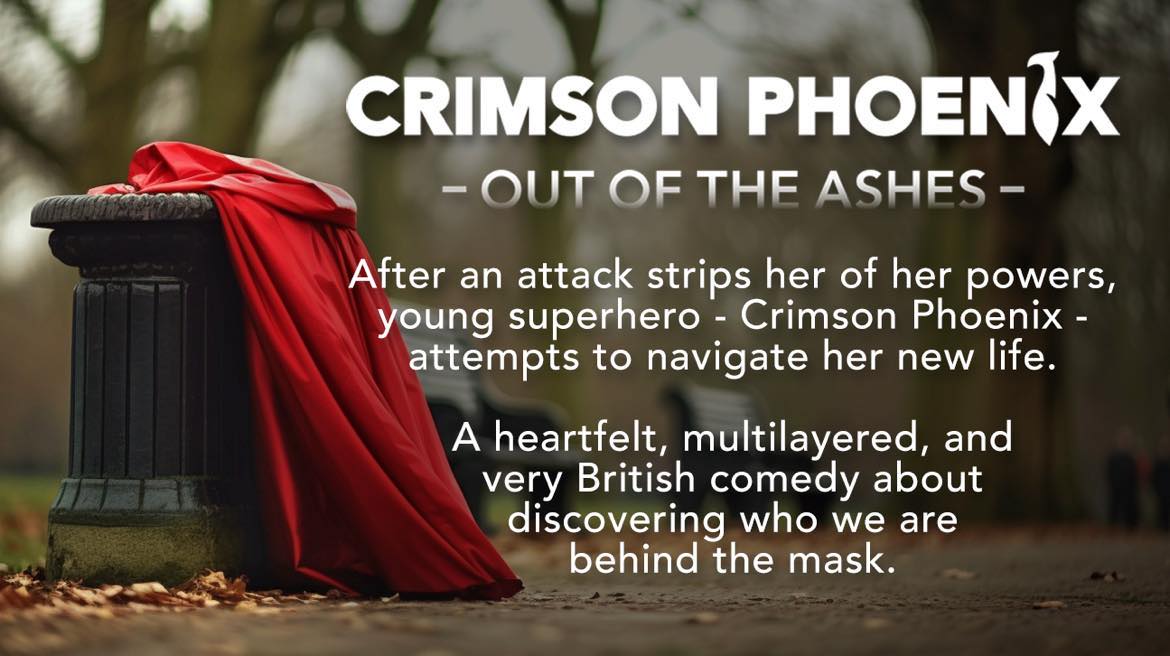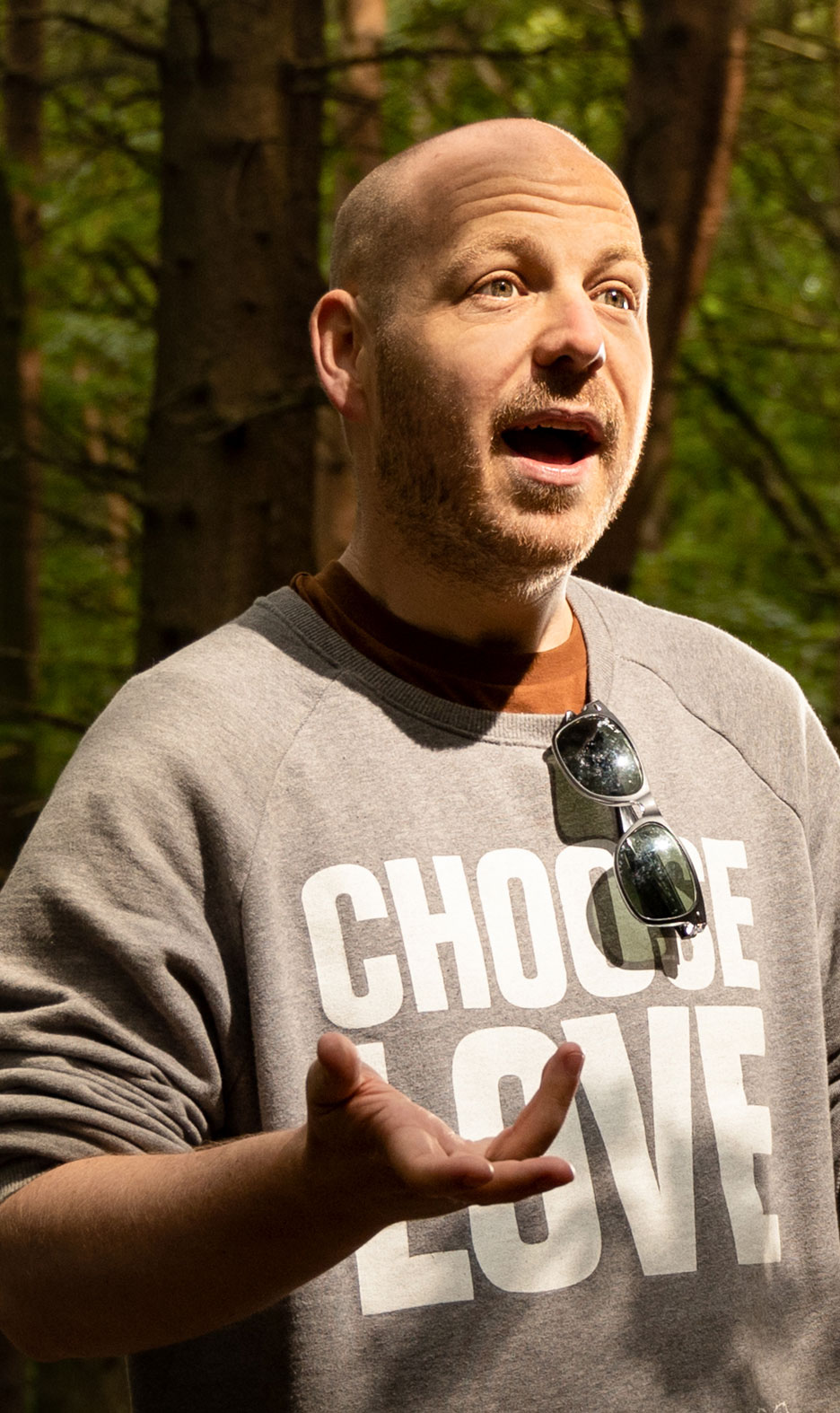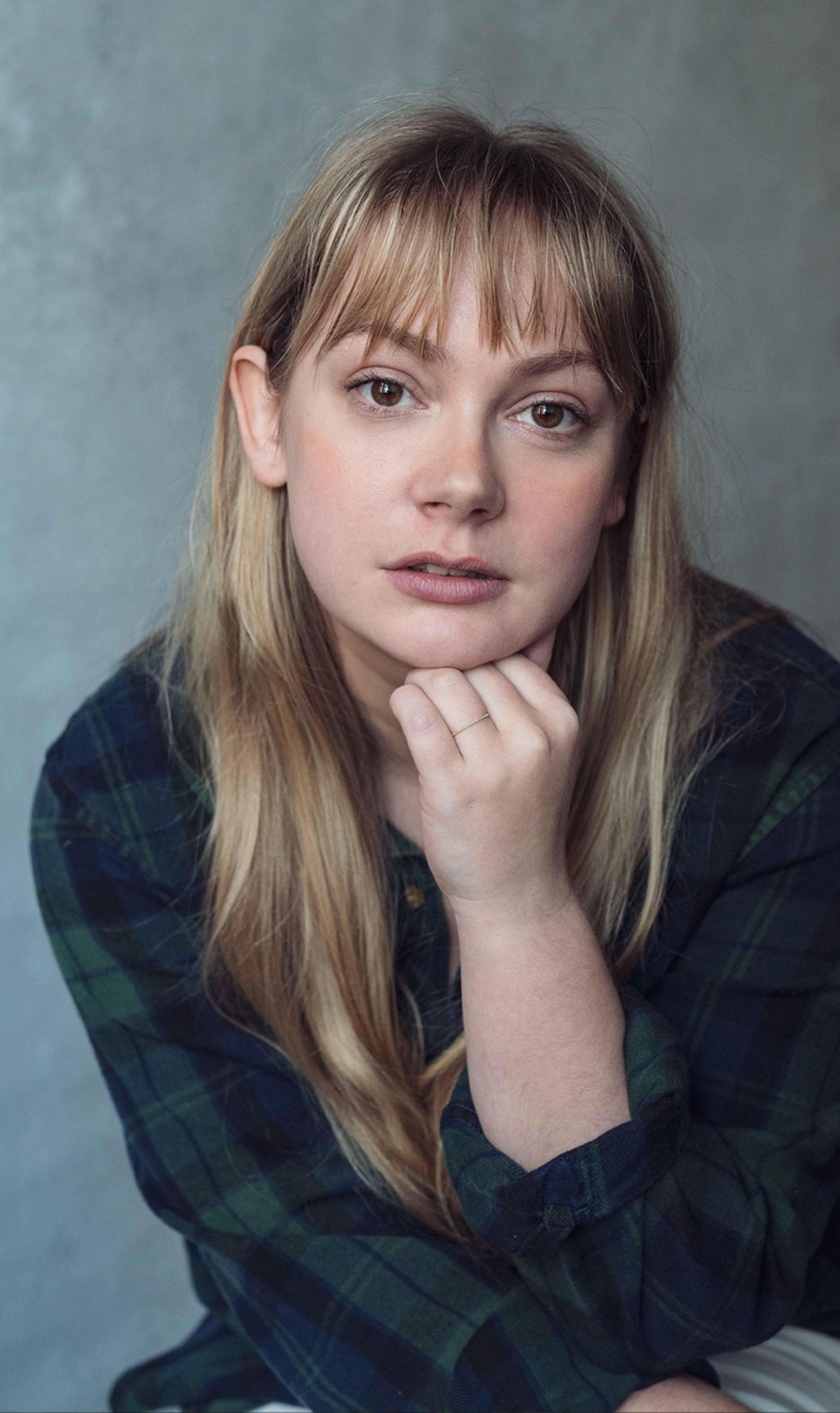
Crimson Phoenix: Out of the Ashes.
I interviewed Chris Hallas (director & writer) and Shona Graham (writer) about their upcoming film, Crimson Phoenix: Out of the Ashes.

Chris Hallas

Shona Graham
Tell me a bit about how the script’s gotten to where it is
C: We had an early version of the script in 2019, and the lockdown in 2020 gave us an opportunity to really sink our teeth into a more shootable draft. We even did a Zoom readthrough with some wonderful actors which was massively helpful for tracking what was working and what wasn’t, and that really helped the pacing too.
S: That was also when we did a proper joke pass, just focusing on what was the funniest version of every scene. We were absolutely wetting ourselves by the end of it.
C: We make each other laugh, if nothing else!
S: Then early this year we worked with some notes from our lovely producer Jon [Aird] to bring some more action to the script. We knew which scenes we wanted to add, so we both went away and wrote our own versions of them then came back together to compare. Which was hilarious because they were basically exactly the same.
C: Yeah, it was a lot like we’d copied each other’s homework. So that made things pretty simple.
S: We only have one brain between the two of us really.
What is it that people love about superhero stories so much? Do you give any credence to those that say the market is oversaturated?
C: I’ve always loved superheroes – I collected comics as a kid, and I’m still a big Marvel & DC fan. I had Spider-Man wallpaper 30 years ago and my 2 year old nephews wear Spider-Man t-shirts now. I don’t think they’re going anywhere and I think that’s because there’ll always be a place for stories that feel human in an unfamiliar environment, be that fantasy or sci-fi or the heightened world of superheroes.
Who’s your favourite character?
S: Can’t say all of them, can we?
C: We try not to do small parts, which means in an ensemble like this we’ve kind of fallen in love with all of them.
S: It’s definitely one of Chris’ strengths.
C: Awww thank you. I just think, when I’m writing a side character, that I want the actor to be really excited to play the part. I think it’s really important that even the ancillary parts have depth, for the actors and for the film. That being said, I’ll actually answer the question – even though you’re basically asking me to choose a favourite child. I think Amory is my favourite, but I do have a particular soft spot for Swan. She’s such a complex and interesting woman, and because she’s so private we only get a glimpse of those depths within the film itself.
S: Amory is genuinely one of my favourite characters too; I think the audience will completely fall in love with her. I also really love Rabin – she’s so delightfully wicked yet her vulnerabilities are still so overt. And Jenny. And Lightning Strike! Ok, I’ll stop.
Some of the themes explored in this film seem quite tough and personal. What inspired you to write it?
C: It is primarily a comedy, of course, but it’s also a film about loneliness and loss. Both those feelings were such a universal experience during the pandemic that I don’t think we’ve collectively properly unpacked yet. I spent most of the pandemic completely alone and isolated, so it’s definitely deeply personal to me. Ultimately it’s a story about people struggling with their own problems relative to their own lives, regardless of how absurd and humorous their external circumstances are.
Mockumentary is quite a marmite form – what’s your take on its place in the film landscape?
S: It’s been interesting to see the genre expand in the past few years to include everything tonally from Parks and Recreation to This Country to Modern Family to Summer Heights High; from shows like Succession that are shot docu-style, to documentaries that are so unbelievable they feel mocu-, like Tiger King. Personally I love a mockumentary – they make me feel really connected to the characters and the world, which is so fun in a world as zany and alien as Crimson Phoenix’s.
C: For this film specifically it’s a way in to finding out more about the characters – who they are when they’re being interviewed vs who they really are. I think it adds a layer to the central theme of ‘who we are behind the mask’. That’s what the film is about. But in a mockumentary, that’s double layered because you’re getting to see who the characters are when they think they’re being filmed as to when they’re caught not. It’s like a double unmasking. We also thought very hard about why the film crew were there in each moment, and what the fictional documentarian would be hoping to capture, which should make the film a really immersive experience.
S: That’s true! We were pretty strict with ourselves. There were even some scenes we decided against writing because we couldn’t justify how or why a documentary crew would’ve been there to capture that moment.
Just to finish off: what superpower do you wish you had?
S: I should pick something that’s going to solve all of the world’s problems, like ‘carbon sucker’ or ‘poverty un-doer’. Not sure I’m the best person for that kind of power though. Maybe I’d just like the power to have more time.
C: That’s very noble of you. I’d quite like to teleport.
—
– Contact us –
Norway
JMG Stories AS
Rekkeviksgate 1, 3260 Larvik
Tel: +47 99 70 45 18
E-mail: gca@jumpmediagroup.com
England
JMG Stories AS
25 Agar Grove
NW1 9SL
Camden, London
Tel: +44 07538769115 / +47 93 27 21 16
E-mail: matheaka@live.no
